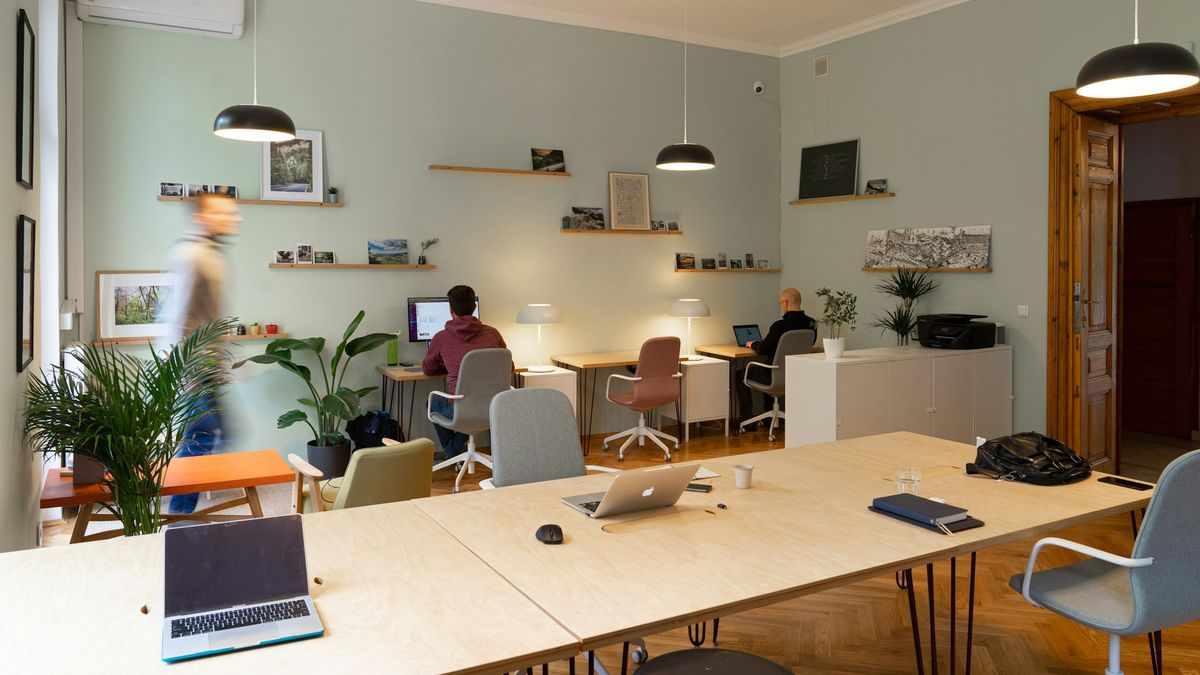JAKARTA - DPR Speaker Puan Maharani highlighted the Government's appeal asking offices to provide child care facilities (daycare) for employees. Workplaces are required to provide daycare in accordance with the mandate of Law Number 4 of 2024 concerning Maternal and Child Welfare in the First Phase of the Thousand Days of Life (UU KIA).
"The provision of child care facilities or daycare in offices is actually mandatory according to the rules in the KIA Law which is an initiative of the DPR," said Puan Maharani, Friday, December 13.
Previously, the Minister of Population and Family Development (Dukbangga)/Head of BKKBN Wihaji requested the provision of quality daycare or child care in offices or institutions. As an effort to provide quality early childhood care services, the Ministry of Education and Culture also introduced a parenting program at the Children's Care Center/daycare Taman Asuh Anak (Tamasya) and the Exemplary Father Movement (GATE).
One of the things that is highlighted by the provision of daycare is as a supporting facility for working parents who have difficulty entrusting their children. Puan said that this issue had long been a concern for the DPR so that it was included in the KIA Law which was passed by the DPR some time ago.
"As a working mother, I really understand the problems faced by parents. Because the conditions of each family are different, not all parents who work can be in a condition of entrusting their children at home to their families or caregivers," said the first woman who served as Chair of the DPR RI.
Therefore, the DPR through the KIA Law tries to present solutions for parents working especially for women as mothers. The KIA Law itself is a regulation that emphasizes that children's growth and development are collective responsibility, not just mothers.
"UU KIA ensures that all parties are involved in the child's growth and development process in order to produce a superior Indonesian generation," explained Puan.
"Because taking care of children is not only the responsibility of mothers, but also other fathers and families, including the responsibility of the Government and the environment in which there is also a working community," he continued.
The rules for providing daycare in offices, both private companies and government institutions, are contained in Article 30 Paragraph (3) of the KIA Law. This article regulates the obligation to provide facilities and infrastructure for pregnant and childbirth mothers.
The article states that there are a number of facilities, proper accommodation, facilities, and infrastructure that must be provided with a workplace for pregnant women and after giving birth, namely health service facilities, provision of lactation rooms, and child care facilities (daycare).
According to Puan, the rules regarding daycare facilities are a form of support for working women. That way, women who work can still be productive as well as play a role in taking care of their children.
The spirit of the KIA Law is indeed to ensure the welfare of mothers and children. That's why daycare facilities must be a concern for relevant stakeholders," explained Puan.
With the daycare at work, mothers and fathers can still work while still providing supervision to children. During rest, parents can check or play with their children," added the mother of the two children.
Puan added, daycare facilities in the office environment will be very useful for children. Locations close to parents will increase a sense of security for children, which is one of the factors supporting the child's growth and development process, especially for toddlers.
"But it needs to be ensured that the daycare provided must be of quality. Not only in terms of the place and service, but also the facilitators who accompany the child while the parents work," said Puan.
The former Coordinating Minister for Human Development and Culture said that quality daycare facilities in the workplace must be part of the company's minimum standard. According to Puan, this is important so that parents can work comfortably without worrying about child safety, following cases of violence in daycare recently.
"We are not only talking about practical solutions, but also how the State is here to create a work ecosystem that supports women and children's growth and development," he said.
"Because these children are the nation's assets that will lead Indonesia in the future, so all elements of the State must be able to ensure that children have good growth and development," added Puan.
For this reason, Puan asked the Government to immediately issue programs along with derivative regulations in the implementation of the KIA Law, including in terms of the obligation to provide daycare facilities in the work environment.
"We encourage the Government to accelerate the implementation and supervision of this policy so that the community can really benefit," said Bung Karno's grandson.
Puan also encouraged the Government to expand collaboration with the private sector in implementing women-friendly policies in the workplace. This policy not only improves the quality of life of women but also strengthens their contribution to economic development.
"When parents are in a state of concern for their children, it either directly or indirectly, usually has an impact on work. This is a human side," said Puan.
"But on the other hand, when parents are comfortable, the motivation for working is higher. Of course this will have a positive effect on companies or where they work," he continued.
On the other hand, Puan stated that the KIA Law was made with enthusiasm, one of which is to ensure that women work has access to their rights. Not only about supporting facilities in offices, the KIA Law also regulates adequate maternity leave rights for women, up to father leave rights for male workers whose wives give birth.
The English, Chinese, Japanese, Arabic, and French versions are automatically generated by the AI. So there may still be inaccuracies in translating, please always see Indonesian as our main language. (system supported by DigitalSiber.id)








